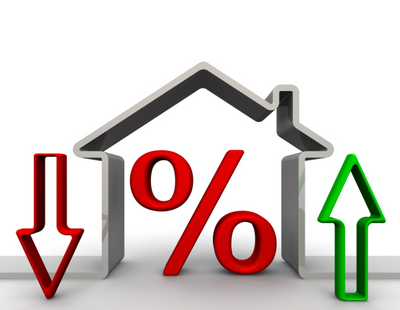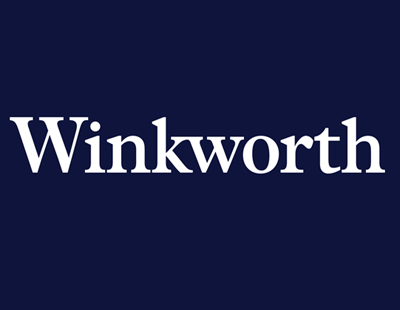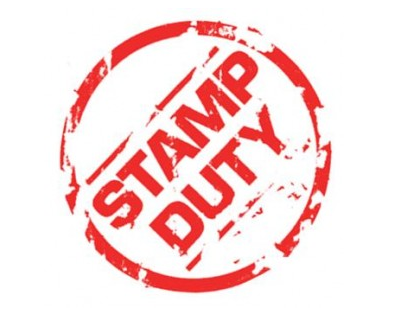House prices fell marginally (down by 0.1%) in September as the market displayed further signs of slowdown.
That was according to Halifax’s latest House Price Index, which was released last Friday and covered the month of September.
The slight dip was in comparison to 0.3% growth in August. Meanwhile, the annual rate of growth fell further to +9.9% (down from +11.4%). As a result, a typical UK property now costs £293,835.
Halifax’s findings showed that annual inflation slowed in all but one region during September, with Wales still showing the strongest annual growth in the UK.
Kim Kinnaird, director of Halifax Mortgages, said: “The average UK house price experienced a slight fall in September (-0.1%), the second marginal decrease over the past three months. The cost of a typical home edged down a little to £293,835 from the previous month’s record high (£293,992). The pace of annual growth also slowed for the third month in a row, to +9.9% from +11.4%, returning to single-digits for the first time since January.”
She said the events of the last few weeks – most pertinently Kwasi Kwarteng’s disastrous mini-Budget and the fallout from it - have led to greater economic uncertainty.
But she added that, in reality, house prices have been largely flat since June, up by around £250, in comparison to an increase of more than £10,000 during the previous quarter, suggesting the housing market may have already entered a more sustained period of slower growth.
“Predicting what happens next means making sense of the many variables now at play, and the housing market has consistently defied expectations in recent times,” she added.
“While stamp duty cuts, the short supply of homes for sale and a strong labour market all support house prices, the prospect of interest rates continuing to rise sharply amid the cost of living squeeze, plus the impact in recent weeks of higher mortgage borrowing costs on affordability, are likely to exert more significant downward pressure on house prices in the months ahead.”
She said this will undoubtedly be a cause of some concern for homeowners, but also claimed that the unprecedented rate of property price inflation we’ve seen in recent years has been far above the historic average.
“It’s important to look at slower growth in this context – since the start of the pandemic average property values have risen by around +23% (almost £55,000) with detached house prices up by more than £100,000 over the same period.”
You can see the full findings of the HPI here.
The industry was quick to comment on the latest findings and what they mean for the market.
Gary Wright, co-CEO of payment technology firm flatfair, said: “Current renters and hopeful first-time buyers should be wary of cheering on a crash in the housing market. Higher interest rates for buy-to-let landlords may well be passed on to tenants – and these same high rates will make mortgages unaffordable for many regardless.”
He added: “In this context it seems fanciful for politicians of both major parties to have staked out increasing homeownership as a core policy at party conferences. Renters, particularly those in the private sector, will bear the brunt of the cost-of-living squeeze. Politicians should recognise this and seek to ease the financial pain by tackling easy wins – such as reforming the punishing traditional deposit system.”
Tom Bill, head of UK residential research at Knight Frank, commented: “It’s a fairly safe bet that UK house prices have now peaked. The impact of rising mortgage rates will begin to hit demand and spending power in coming months, which we believe will lead to a fall of 10% over the next two years for UK prices.”
He added: “We may see mortgage rates fall to some extent if financial markets become more reassured by the government’s economic plan, but the events of the last fortnight have been a reminder that the era of ultra-low rates is coming to an end.”






2022_400x310.png)
/JeremyHunt-400x310.jpg)





.png)


.png)




Join the conversation
Be the first to comment (please use the comment box below)
Please login to comment